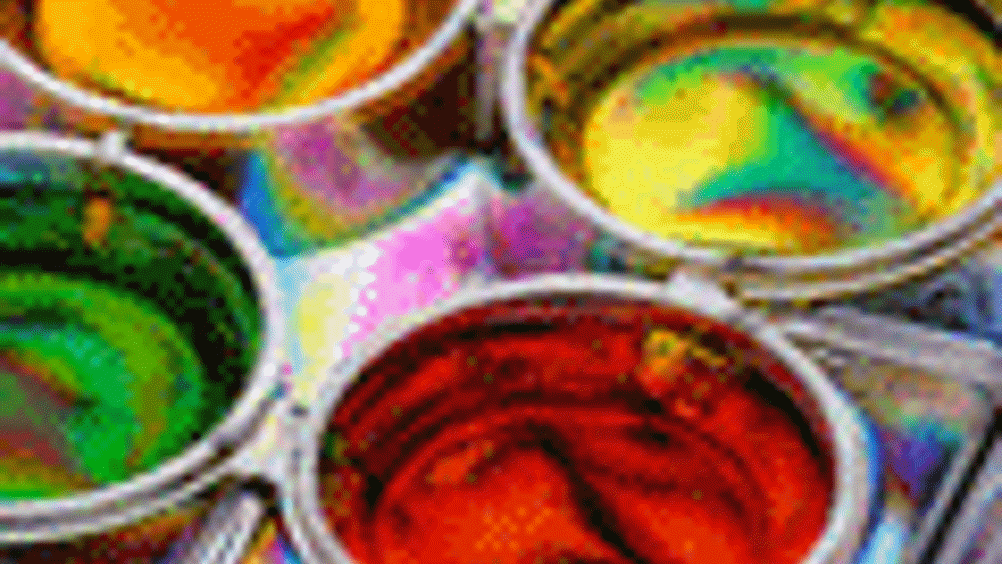Challenging channels
Three UK universities are collaborating to devise a way of making environmentally-friendly microreactors, which hold the promise of efficient screening and synthesis of new chemicals.

Researchers from
,
and
are combining to make tiny chemical reactors. The goal is to find environmentally friendly ways of making the microreactors, which hold the promise of efficient screening and synthesis of new chemicals and drugs.
Microreactors are miniaturised chemical plants, where fluids are pumped through channels only micrometres across into equally tiny reaction chambers. Devoid of turbulence and using only small quantities of chemicals, they are proving useful for testing new reaction routes for the process industries and for screening chemical compounds for toxicity or pharmaceutical activity.
Although environmental friendliness is a major advantage, the methods of making them are anything but green. Microreactor design is based on the circuitry of microprocessors and similar techniques are used to make them; corrosive chemicals are used to etch the channels from blocks of metal or alloy. The project, due to begin in October, uses rapid prototyping techniques, making the reactors by building material up rather than taking them away.
Register now to continue reading
Thanks for visiting The Engineer. You’ve now reached your monthly limit of news stories. Register for free to unlock unlimited access to all of our news coverage, as well as premium content including opinion, in-depth features and special reports.
Benefits of registering
-
In-depth insights and coverage of key emerging trends
-
Unrestricted access to special reports throughout the year
-
Daily technology news delivered straight to your inbox










UK Enters ‘Golden Age of Nuclear’
The delay (nearly 8 years) in getting approval for the Rolls-Royce SMR is most worrying. Signifies a torpid and expensive system that is quite onerous...